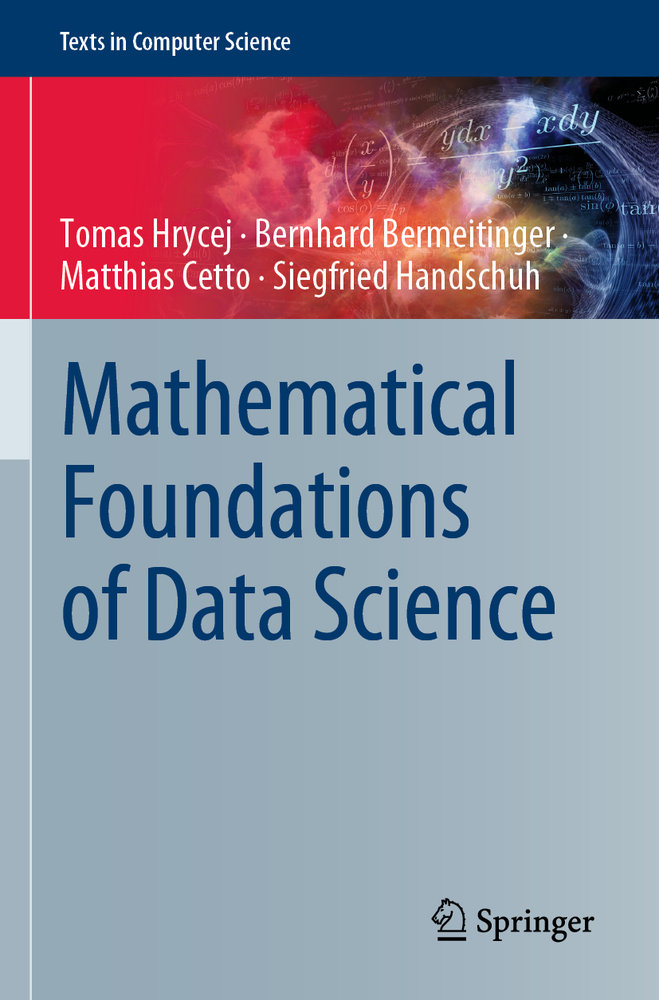This textbook aims to point out the most important principles of data analysis from the mathematical point of view. Specifically, it selected these questions for exploring: Which are the principles necessary to understand the implications of an application, and which are necessary to understand the conditions for the success of methods used? Theory is presented only to the degree necessary to apply it properly, striving for the balance between excessive complexity and oversimplification. Its primary focus is on principles crucial for application success. Topics and features:Focuses on approaches supported by mathematical arguments, rather than sole computing experiencesInvestigates conditions under which numerical algorithms used in data science operate, and what performance can be expected from themConsiders key data science problems: problem formulation including optimality measure; learning and generalization in relationships to training set size and number of free parameters; and convergence of numerical algorithmsExamines original mathematical disciplines (statistics, numerical mathematics, system theory) as they are specifically relevant to a given problemAddresses the trade-off between model size and volume of data available for its identification and its consequences for model parametrizationInvestigates the mathematical principles involves with natural language processing and computer visionKeeps subject coverage intentionally compact, focusing on key issues of each topic to encourage full comprehension of the entire bookAlthough this core textbook aims directly at students of computer science and/or data science, it will be of real appeal, too, to researchers in the field who want to gain a proper understanding of the mathematical foundations ¿beyond¿ the sole computing experience.



